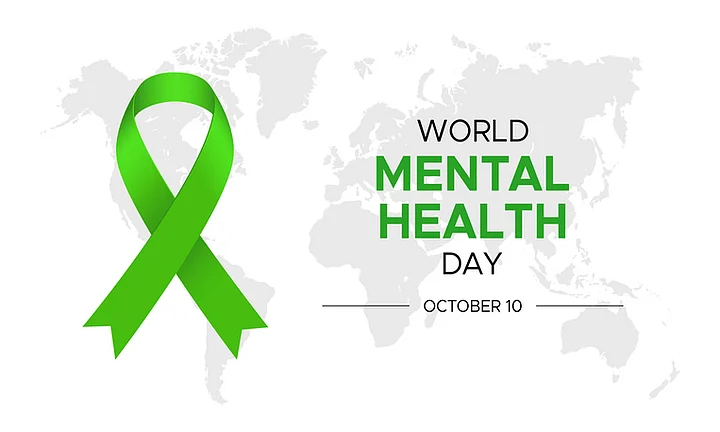World Mental Health Day, observed annually on 10 October, brings crucial attention to mental health issues, and advocates for increased support and resources. This year's theme is 'Mental Health at Work.' It emphasizes the vital connection between workplace environments and mental well-being.
The World Health Organisation (WHO) stresses that supportive work environments are crucial for maintaining mental health. Conversely, negative factors like stigma, discrimination, harassment, and poor working conditions can severely impact mental well-being, leading to decreased quality of life, work participation, and productivity.
Initiated by the World Federation for Mental Health (WFMH) in 1992, World Mental Health Day has grown significantly, with increasing global participation in campaigns aimed at reducing the stigma surrounding mental health. The day serves as a platform to encourage open conversations about mental health and promote initiatives that support mental well-being.
Each year's theme highlights a specific aspect of mental health, ranging from raising awareness about mental health conditions to advocating for better access to mental healthcare. World Mental Health Day plays a pivotal role in reducing the stigma associated with mental health and encouraging individuals to seek help when needed.
5 Amazing Tips to Improve Mental Health
Following are some of the impressive tips to boost mental health.
1. Stay Active: Engaging in regular exercise or physical activity can have a profound impact on your mental and emotional health. It can alleviate stress, improve memory, and enhance the quality of your sleep.
2. Eat Healthy Diet: Consuming a balanced diet rich in nutrients can support your mood and mental well-being. Foods that may have a positive impact include beans, legumes, fatty fish rich in omega-3s, nuts, avocados, dark leafy greens, and fruits. Dark chocolate has also been found to have potential benefits for mental health.
3. Take Enough Sleep: Prioritizing adequate sleep is crucial for both mental and physical health. To improve the quality of your sleep, consider reducing screen time before bedtime and engaging in relaxing activities like reading or listening to calming music.
4. Practice Mindfulness: Engaging in mindfulness practices such as yoga, meditation, and deep breathing can effectively reduce overall levels of stress and promote a sense of calm and well-being.
5. Practice Forgiveness: Holding onto grudges can take a toll on your mental health. Practicing forgiveness, even for minor inconveniences, can contribute to better mental health and increase your overall life satisfaction.
(Disclaimer: Parts of this article were generated by AI and published after the content was editorially modified and verified by a human based on their own judgement and expertise. The Quint does not publish AI-generated content without direct human involvement and oversight).
(At The Quint, we question everything. Play an active role in shaping our journalism by becoming a member today.)
